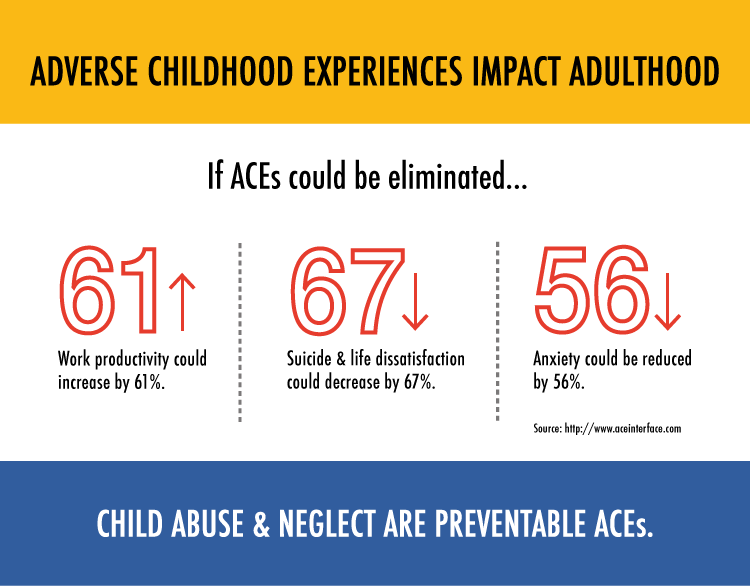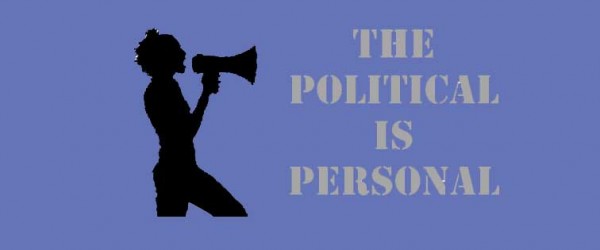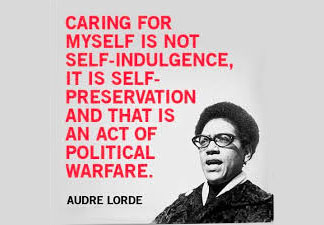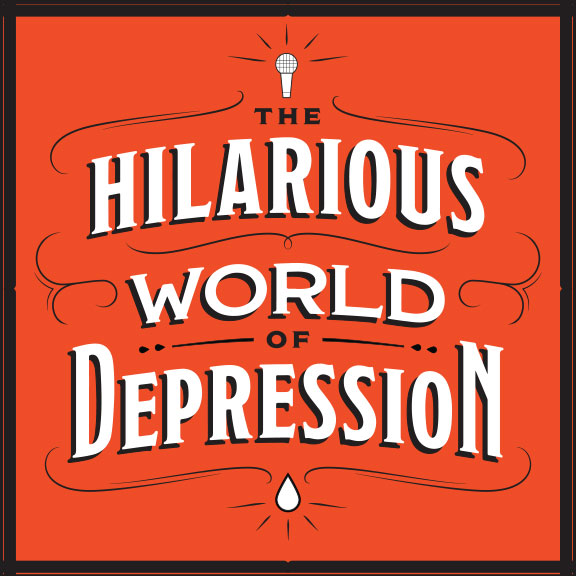What the Media Gets Wrong about Depression and Anxiety
Here are your instructions:
Go stand on the Beltline. Hang out across the street from my therapy office at Ponce City Market. Go anywhere in Atlanta. Go to Decatur or Midtown or wherever. Look around and do this: Spot the person who’s struggling with depression, anxiety or grief.
Trick question? You betcha. I was grateful to read this story from Slate called Stock Photos are Terrible at Depicting Illness, Mental or Physical. In a nutshell, it’s looking at the feeble attempts made by photographers — and newspapers, and websites, and bloggers (including me), and everyone else — to depict anxiety, depression and other mood disorders. If you want to see for yourself, do a web search for “depression” and see what comes up. Same with “anxiety” and “grief” and “stress.”
The reality is that most people who are struggling are experts at looking like everything is fine. My clients work hard not to show how rough things have been. My clients don’t walk around with their head in their hands all day, double face-palming with tears streaming down their cheeks. They don’t crouch in a corner photogenically. They are working or going to school, being social, acting like everything is normal (even when everything feels terribly abnormal).
In counseling, we work so that acting “normal” comes from a place of feeling “normal.” Just because you can pretend you’re okay doesn’t mean you should have to. After all, you have better things to do with your life than spend copious amounts of energy trying to look like nothing’s wrong.







 It’s been especially important to me lately that clients of all political persuasions know that politics is something they can talk about openly in sessions. Some are excited and hopeful as a result of this new presidential administration. Other clients are finding their anxiety aggravated and their depression worsening as a result of recent political actions. More than one has been in a fight with a loved one about ideology or the “right” way to act or react.
It’s been especially important to me lately that clients of all political persuasions know that politics is something they can talk about openly in sessions. Some are excited and hopeful as a result of this new presidential administration. Other clients are finding their anxiety aggravated and their depression worsening as a result of recent political actions. More than one has been in a fight with a loved one about ideology or the “right” way to act or react.

